My name is Elora (she/they), and I am a settler living on Lekwungen territories. I currently am working with the youth food network, and wanted to share this reflection about best-before dates that came from my experience working and organizing around food waste.
Before I got involved in work around food waste, rescue and distribution, the best before dates on my food were never something I had ever given a second thought to. Like many others, I viewed best before dates on food almost as objective rules, dictating when I could eat food, and when it must be thrown out. I also viewed them as synonymous to “expiration dates.” I was uncritical of how these dates, and my interpretation of them created food waste.
Over the past little while, I’ve learned a lot about best-before (and expiration dates) on food, and engage with them much differently than I used to. Throughout this learning process I’ve discovered that many of us have a flawed conception of the dates on our food, and I was inspired to share what I learned.
First of all, it is important to recognize that best-before dates and expiration dates are NOT the same. Almost all food we consume is marked with a best-before date, rather than an expiration date. The Government of Canada states that best-before dates indicate that “the unopened product should be of high quality.” They further explain that the date is about peak freshness and taste, and specify that it is NOT a safety indicator. They go on to state that you can buy, eat and sell food past it’s best-before date, detailing that “when this date has passed, the food may lose some of its freshness and flavour, or its texture may have changed. Some of its nutritional value may be lost. For example, vitamin C content in juice.”
Only 5 types of products are marked with expiration dates: formulated liquid diets, foods sold by a pharmacist, meal replacements, nutritional supplements and infant formula. The government website states that these foods may lose their strict nutritional specifications, and therefore should not be consumed. While expiration dates may draw a harder line, that leaves most food we consume on a daily basis without an expiration date.
Knowing this, it became clear to me that while they may provide useful guidelines if interpreted loosely, best-before dates marked more of a safety net for profit than for people. In marking products with best-before dates, (which is a legal requirement for certain products) companies can avoid customers being displeased after eating food that may have lost some freshness and thus lose business, and may receive repeated business from consumers who don’t finish the product before the date, throw it out, and buy it again. While some consumers may be unwilling to eat any food that may have lost some taste or freshness, I believe that many are, and are simply unaware that these dates have no direct connection to safety.
While I wanted to share that this information was officially recognized by the government (as well as food banks and other organizations who set guidelines on how long things can be distributed past their best-before date), generally we can use our own common sense to decide what is safe to eat and what is not. While we have learned to use our judgement to decide whether undated foods (like produce and bulk foods) are edible, many of us seem to have defaulted to arbitrary dates rather than our own judgement for packaged foods. How a food looks, it’s texture and smell usually give us enough information to make an assessment on whether or not it’s okay to eat.
Interpreting best-before dates as rigid rules on when to throw out food contributes to unnecessary food waste and further distances us from having a connection with our food. This summer I grew my own garden for the first time, and felt such attachment to the food I grew after putting months of energy and care into it. This experience gave me renewed distress when I saw wasted food as I couldn’t help but imagine the process of growing this food and the energy that went into it, only for it to be thrown out. While it is a micro action in a very fragmented and broken food system, I find a lot of joy in eating food past it’s best-before dates knowing I am saving it from waste and appreciating what it has to offer.
